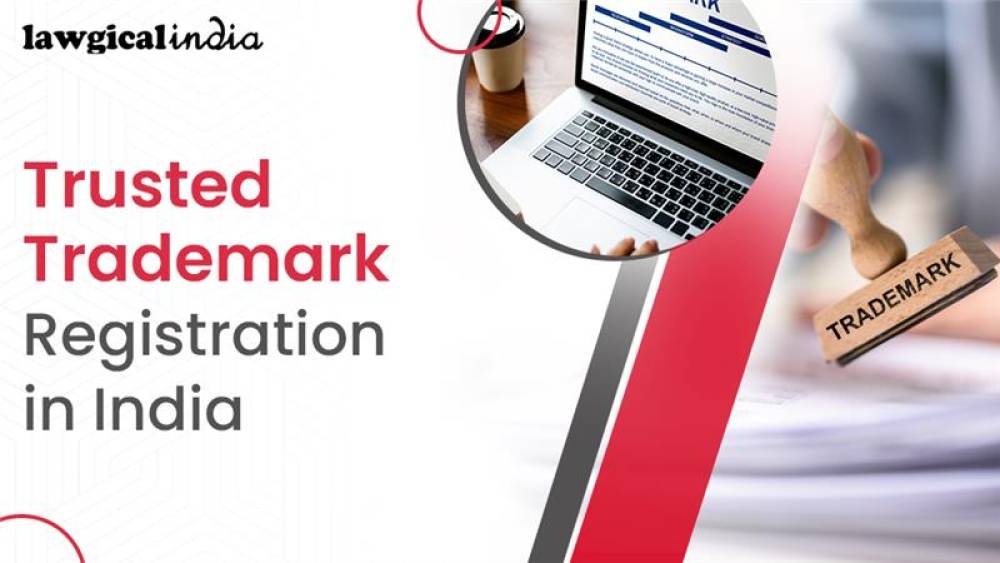No, an LLP's yearly accounts do not need to be audited. LLPs have fewer yearly filing and account maintenance responsibilities than a Private Limited Company. In this post, we'll discuss the annual compliance requirements that an LLP must fulfil, including account upkeep and yearly reporting with the ROC.
LLP Definition
A limited liability partnership is a different type of corporate business structure that combines the advantages of limited liability and flexibility. It has the legal power to possess property in its name and to enter into contracts. Changes in partners won't stop the Limited liability partnership from continuing to exist.
The limited liability partnership(LLP) is a separate legal entity and is accountable to the full capacity of its assets. However, the liability of the partners is only limited to their agreed contribution to this type of Partnership. No partner is accountable for the independent or unauthorized actions of other partners, protecting individual partners from joint liability resulting from another partner's bad business decisions or misconduct.
An agreement between the partners, or, as the case may be, between the partners and the LLP, governs the reciprocal rights and obligations of the partners within an LLP. However, it is still responsible for fulfilling its other obligations as a separate legal organization.
LLP is referred to as a hybrid between a company and a partnership since it combines aspects of both "a corporate structure" and "a partnership firm structure."
LLP Annual Filing
All LLPs in India are required to file an annual return. The yearly return should be submitted to the Ministry of Corporate Affairs in the format required. Annual returns filed with the MCA are not the same as those filed with the Income Tax agency. An LLP's annual return is due 60 days after the end of the fiscal year. The Audit annual account of LLP is due on or before May 30th of each year financial since LLPs are required to have a fiscal year that onsets on April 1 and finishes on March 31.
All LLPs in India are required to file the Statement of Accounts and Solvency. On the other hand, an LLP's Statement of Accounts and Solvency is due 30 days after the conclusion of the 180 days following the end of the financial year. The designated partners' statement of the LLP's solvency is included in the Statement of Accounts and Solvency, with details on the LLP's assets and liability and revenue and expense statements.
Audit Requirement for LLP
An LLP must have its books reviewed by a licensed Chartered Accountant if its annual turnover or contribution exceeds 40 lakhs in any fiscal year.
The LLP accounts presented with the ROC must include a statement by the Partners stating that the Collaborators acknowledge their responsibility for adhering to the financial and accounting declaration prerequisites to satisfy the requirements for the audit deduction.
Audit Exemptions for LLPs
In addition to many other things, these regulations indicate that LLPs are exempt from the requirement to have their financial accounts audited if their income or turnover for any fiscal period does not exceed $40,00,000.
However, the accounts must only be audited in compliance with the principles of the partners in such an LLP (limited liability partnership) tend to prefer having the LLP's financial statements audited.
An LLP accountant must be hired by LLPs one month before the fiscal year ends. Or, to put it another way, an accountant must be employed just before March each year.
LLP Audit liability
LLPs are permitted to have their annual accounting reports audited by a licensed accountant if they have a turnover of more than $40,00,000. They are also allowed to make contributions of more than $25,000,000. Because of this, there is no need for other LLPs by law to have their financial accounts audited.
Penalties Associated with LLP Audits
LLP and designated partners are both subject to penalties for violations. Any LLP where an audit is appropriate that neglects to perform an audit will be subject to a fine under Section 35 of the LLP Act 2008. Every designated partner of such a limited liability partnership shall be subject to a fine of at least ten thousand rupees but up to one lakh rupees, and LLP shall be subject to a fine of at least twenty-five thousand rupees but up to five lakh rupees.
Penalty on LLPRs of Rs. 25,000 up to Rs. 5,00,000.
Penalties for the Designated Partner must be less than Rs. 10,000 but cannot be greater than Rs. 100,000.
Up to Rs. 1,50,000 in penalties for LLP tax audits.
What is Form 11?
Form-11 is referred to as the annual return. It contains all of the affiliates' tiniest print, as well as their commitments to the Limited Liability Partnership and other things. The Form-11 must be submitted within sixty days after the fiscal year's conclusion. i.e., on or around May 30th of each year.
One of the LLP's Designated Collaborators must digitally sign Form 11.
If the LLP's revenue reaches five crores or the total liabilities of the LLP partners' gifts exceeds 50 lakhs, an organization secretary who practices full-time shall certify the LLP Form 11.
LLP Audit Requirement
If an LLP's contribution or yearly turnover exceeds Rs. 40 lakhs in any financial year, the LLP must have its accounts audited by a licensed chartered accountant. The LLP accounts filed with the ROC must include a statement by the Partners to the effect that the Partners recognize their obligations for complying with the rules relating to accounting and the production of financial statements to be eligible for the audit exemption.
Lawgicalindia can assist in this aspect if you find it challenging and perplexing. If you are the owner of an LLP, you can acquire information on the yearly audit from the professionals at Lawgicalindia.












No comments yet. Be the first to comment!